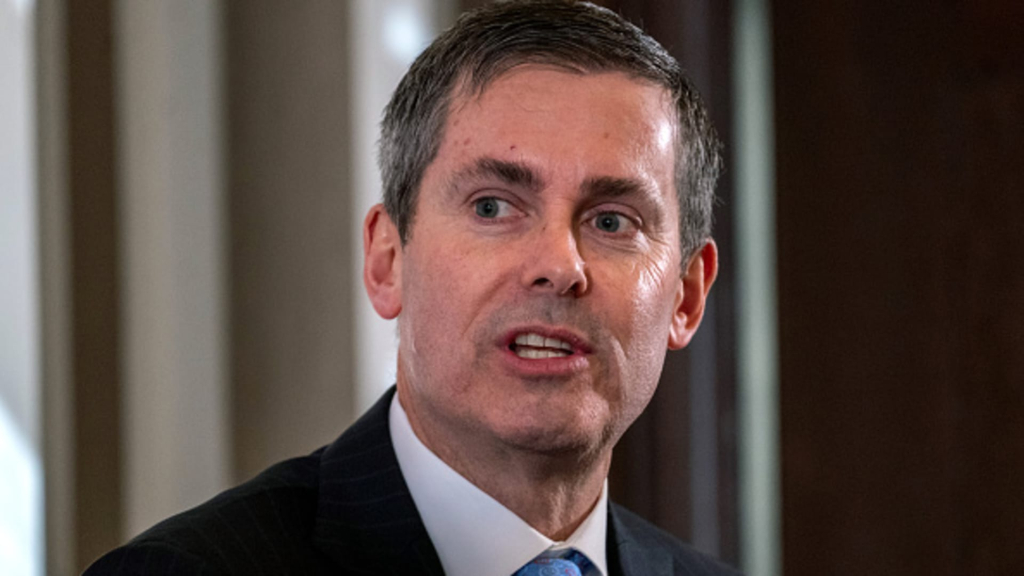Eli Lilly CEO Dave Ricks expressed on Thursday the company’s readiness to address national security issues tied to the affordability of essential medicines amid potential pharmaceutical tariffs.
The Trump administration has initiated a Section 232 investigation into the implications of importing specific drugs on U.S. national security, which many analysts interpret as a preliminary step toward imposing tariffs on pharmaceuticals. The specifics of these tariffs, including whether they will affect brand-name or older generic drugs, remain uncertain. The latter category primarily consists of products manufactured overseas, notably in India and China.
Ricks, in a Finance Newso interview following Eli Lilly’s first-quarter earnings announcement and outlook for 2025, addressed the need to bolster domestic production of older medications. “Restoring that capacity is essential so that in times of emergency, we have the stock and supply—this is a legitimate concern,” he remarked.
He underscored the validity of national security issues related to medications but questioned whether tariffs are an effective solution. “Do I think tariffs are the answer to that? I’m not so sure personally,” Ricks stated.
The CEO indicated Eli Lilly’s willingness to engage with the current administration on strategies to mitigate such crises. “We have capabilities that we can contribute, and we’re open to assisting the country in times of need,” he said.
Generic drugs represent around 90% of prescriptions in the U.S. and are vital for hospital treatment, covering medications like antibiotics and vasopressors used to elevate blood pressure.
Ricks noted that while these essential drugs are inexpensive, manufacturing them poses challenges, having been pushed out of the U.S. due to cost and unfavorable policies.
Health experts have voiced concerns that tariffs on generic medications, which typically have slimmer profit margins compared to branded drugs, could drive some generic manufacturers out of the U.S. market, exacerbating shortages of critical drugs, such as sterile injectables frequently utilized in hospitals.
As the pharmaceutical industry prepares for President Donald Trump’s proposed tariffs aimed at promoting domestic production, these tariff discussions have prompted a surge of investment in U.S. manufacturing within the sector. Eli Lilly alone plans to invest at least $27 billion to construct four new production facilities in the U.S.
During the interview, Ricks suggested that the impending tariffs may become unnecessary given the industry’s ongoing shift toward reshoring manufacturing. “I think the mere threat of tariffs is already encouraging the return of vital supply chains in key sectors such as pharmaceuticals and semiconductor manufacturing,” he commented. “So do we need to enact [tariffs?] I’m not so sure.”
Ricks also advocated for stable, lower domestic tax rates, emphasizing a target of 15% for production in the U.S. He indicated that reduced tax rates had previously led many pharmaceutical companies to relocate their manufacturing to countries with more favorable tax environments, such as Ireland, Singapore, and Switzerland, but that these businesses could return if economic incentives were in place.
This perspective aligns with remarks made by Pfizer CEO Albert Bourla earlier in the week, who noted that the uncertainty surrounding tariffs is hindering his company’s investments in U.S. manufacturing as well as research and development initiatives.


























